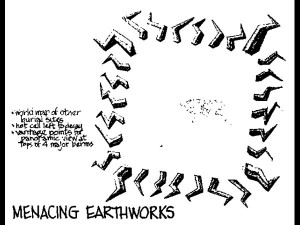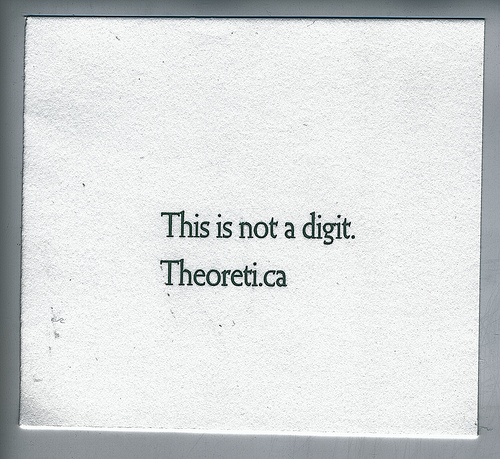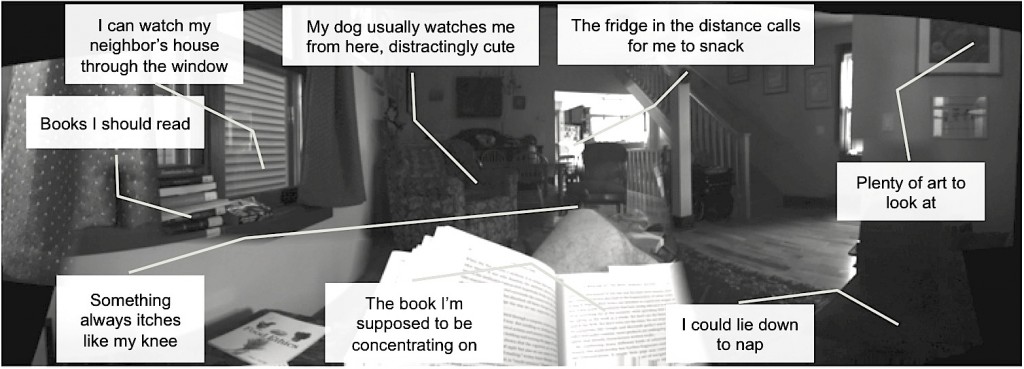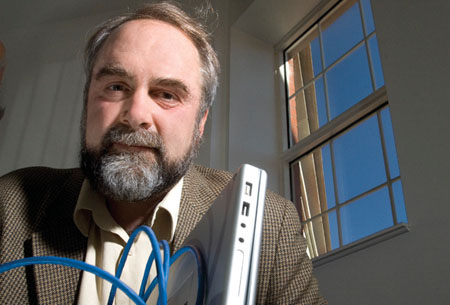Stan Ruecker gave a great talk today about Visualations in Time for the Humanities Computing Research Colloquium. He is leading a SSHRC funded project that builds on Drucker and Noviskie’s work on Temporal Modelling. (I should mention that I am on the project.) Stan started by talking about all the challenges to the linear visualization of time that you see in tools like Simile. They include:
- Uncertainty: in some cases we don’t know when it took place.
- Relative time: how do we visualize all the ways we talk about time as relative (ie. events being before or after another)?
- Phenomenological time: how do we represent the experience of time.
- Reception: there is not only the time something happens but the time it is read or received.
Stan then showed a number of visual designs for these different ways of thinking about time. Some looked like rubber sheets, some like frameworks of cubes with things in them, and some like water droplets. Many of these avoided the “line” in the visualization of time.





